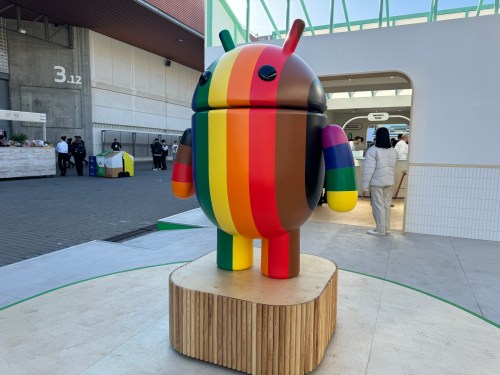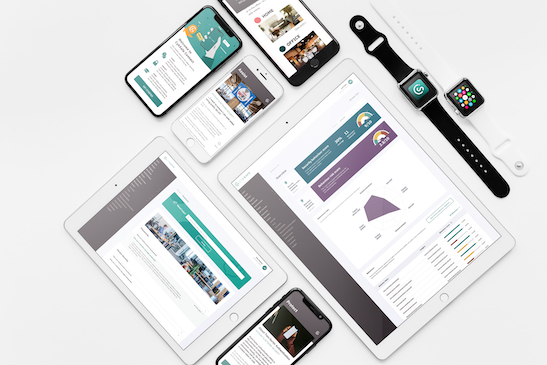In a significant shift in its Android rollout schedule, Google has announced the release of the first developer preview of Android 16. This move is aimed at speeding up feature rollouts on devices and reducing fragmentation, where different devices run on various Android versions.
A New Era for Android Releases
For the past few years, Google has released its first Android developer beta around Q2, with a stable release following in July or later. However, with the new schedule, Android 16’s stable version is expected to be released in Q2 2025, a quarter earlier than usual.
Why the Change?
Google aims to reduce fragmentation by making core Android features available to more users quickly. This move is also seen as a response to Apple’s iOS, which has been gaining ground in the market. By accelerating the release cycle, Google hopes to give device manufacturers the flexibility to make key features available to their users sooner.
A Challenge for Developers
While the new schedule offers benefits for device manufacturers and users, it presents challenges for developers. To ensure that developers can build on top of the first major release without worrying about app breakage, Google must guarantee the stability of the initial Android 16 release.
Minor SDK Release in Q4 2025
In addition to releasing a major SDK version in Q2 2025, Google will also have a minor SDK release in Q4 2025. This minor release will introduce new developer APIs and allow for accelerated feature releases to developers.
A Shift in API Releases
Google has announced that it will commit to this cycle for 2025 but expects to continue with additional SDK releases in future years as well. The company aims to provide a stable foundation for developers to build upon, making it easier for them to create apps without worrying about compatibility issues.
New Features and APIs in Android 16
The first developer preview of Android 16 brings several new features and APIs:
- Embedded Photo Picker: Apps can now ask users for access to selected photos from both local storage and the cloud. This functionality is designed to be viewed with other app elements, providing a better user experience.
- Health Connect API: Google is releasing a developer preview of Health Connect with APIs that support health records. This means apps can read and write medical records in FHIR (Fast Healthcare Interoperability Resources) format with user permission.
Google Pixel Release Cycle
The company announced the Google Pixel 8 series in September 2023 and the Google Pixel 9 Series in August 2024. The Pixel 9 received Android 15 treatment in October this year. It’s unclear if Google will continue with these two API releases per year models for subsequent releases.
A Commitment to Stability
Google is committed to ensuring that its release cycle does not compromise stability. According to a Google spokesperson, the company expects to continue with additional SDK releases in future years as well. This commitment to stability aims to alleviate concerns about app breakage and compatibility issues.
A New Era for Android Developers
The accelerated release cycle of Android 16 marks a significant shift in the way developers create apps for Android devices. With a focus on stability, Google aims to provide a solid foundation for developers to build upon, making it easier for them to create innovative apps that take advantage of new features and APIs.
Conclusion
In conclusion, the release of the first developer preview of Android 16 marks a significant shift in the way Google approaches its Android rollout schedule. By accelerating the release cycle and committing to stability, Google aims to reduce fragmentation and provide device manufacturers with more flexibility to make key features available to their users sooner. As developers begin to build upon this new foundation, we can expect exciting new features and innovations to emerge.
Related Stories
- Apple may add an iPhone Air to its lineup
- How to turn off Apple Intelligence-powered notification summaries
- Open source licenses: Everything you need to know




